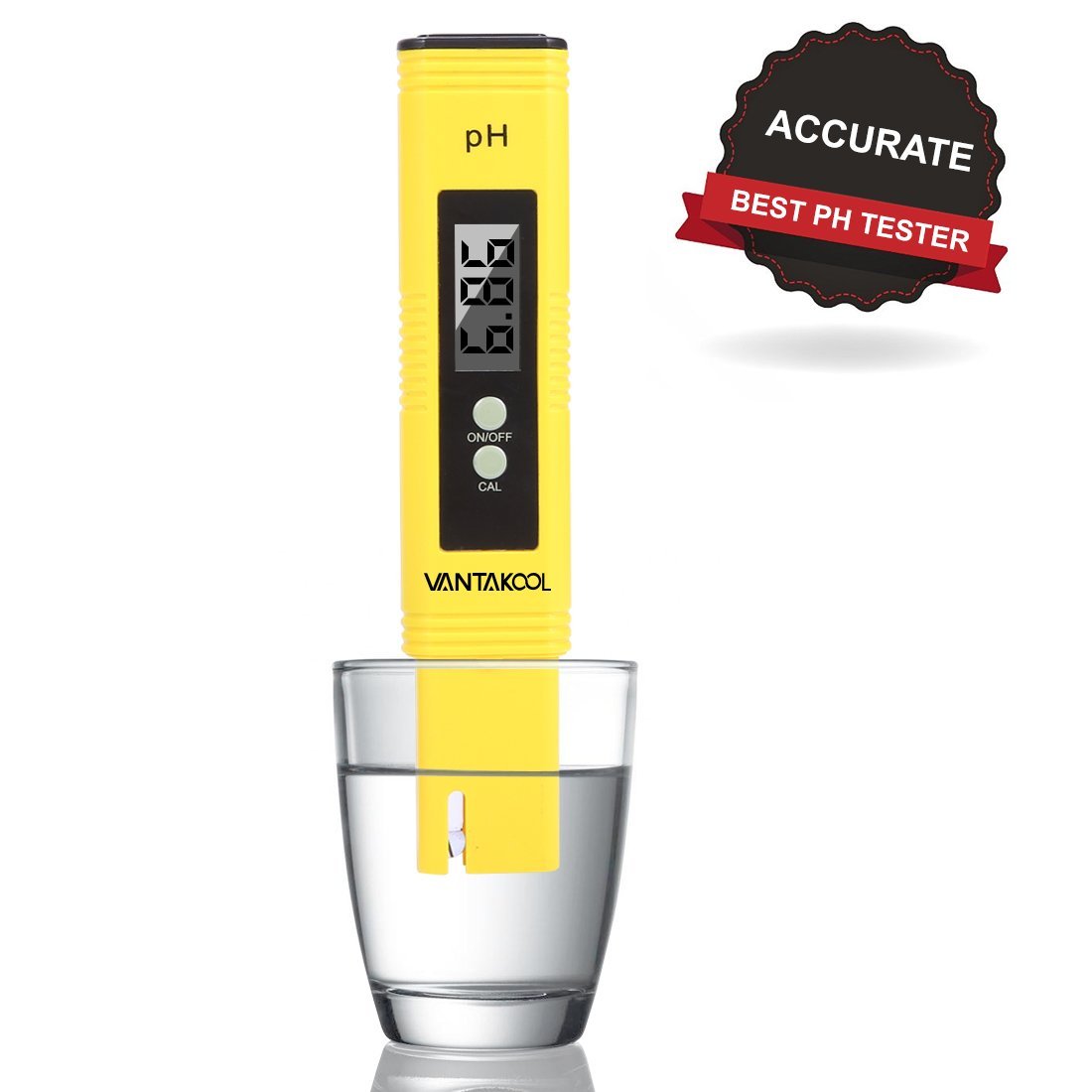BeerAddikt
Expert Beer Quaffer
As the thread title says, I do full volume BIAB and have noticed that my mashes all measure around 5.0 PH, outside the ideal range of 5.2-5.5.
Based on most predictive calculations, doing full volume mashing should raise my PH, not lower it. Granted, I'm only using the PH test strips which I'm not too confident in, but it seems strange that my PH is so low doing a full volume mash. I also add half a campden tablet to my strike water a few minutes before I mash in.
I haven't had a chance to view my water report but it seems really strange that my PH would be so low. Could it be that my tap water is very low in alkalinity? My efficiency has been 70-80%, I get full attenuation and the beer tastes fine so I'm not too worried but curiosity is getting the best of me. Any thoughts?
Based on most predictive calculations, doing full volume mashing should raise my PH, not lower it. Granted, I'm only using the PH test strips which I'm not too confident in, but it seems strange that my PH is so low doing a full volume mash. I also add half a campden tablet to my strike water a few minutes before I mash in.
I haven't had a chance to view my water report but it seems really strange that my PH would be so low. Could it be that my tap water is very low in alkalinity? My efficiency has been 70-80%, I get full attenuation and the beer tastes fine so I'm not too worried but curiosity is getting the best of me. Any thoughts?















![Craft A Brew - Safale BE-256 Yeast - Fermentis - Belgian Ale Dry Yeast - For Belgian & Strong Ales - Ingredients for Home Brewing - Beer Making Supplies - [3 Pack]](https://m.media-amazon.com/images/I/51bcKEwQmWL._SL500_.jpg)












































